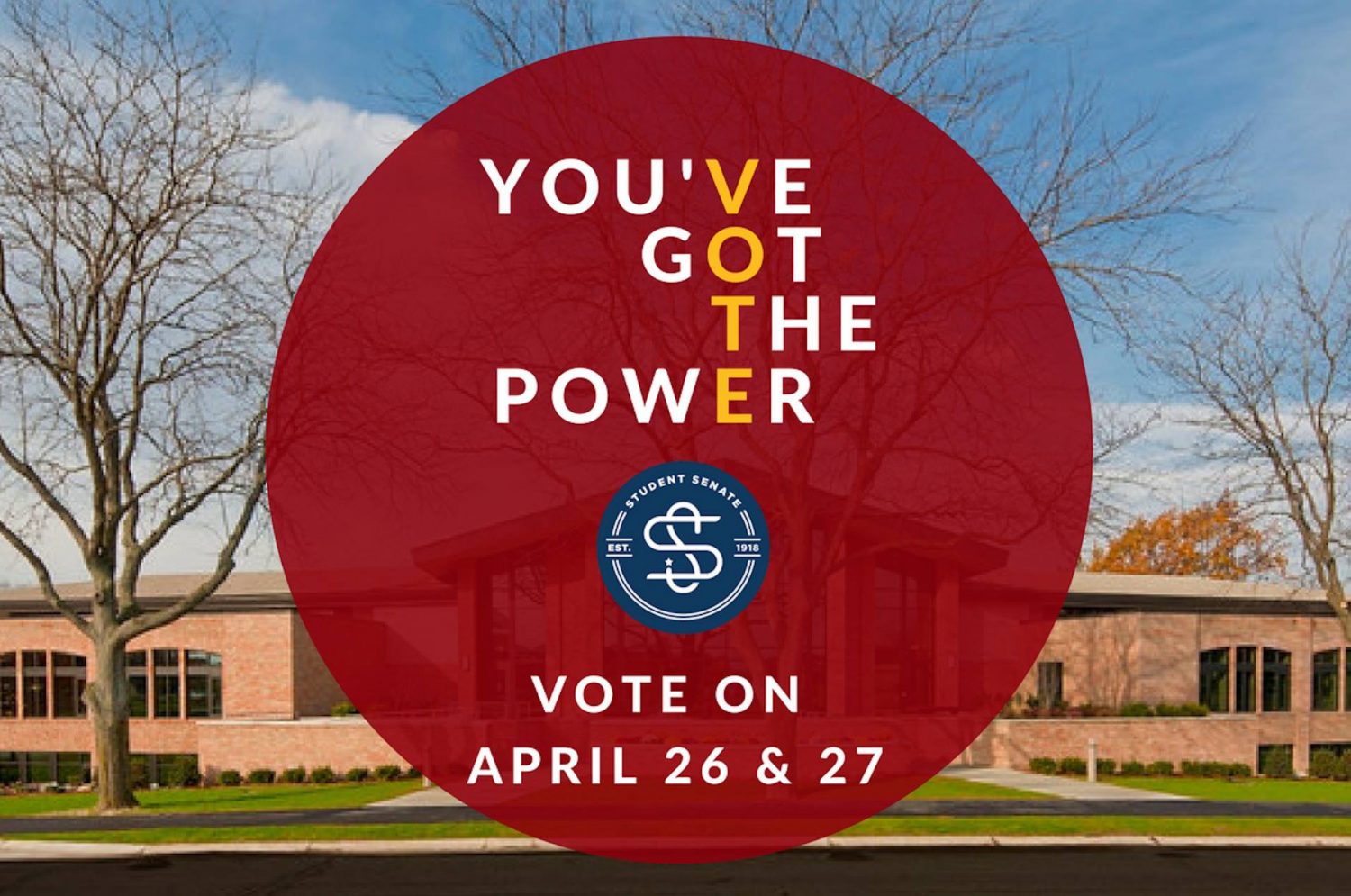Ballots sent out to the student body at 8 a.m. Wednesday morning gave students the opportunity to vote for their chosen student senate candidates — as many times as they wanted, and without any measure to ensure that the voter was a Calvin student.
The SurveyMonkey ballot was hosted at a generic link that could be accessed on any computer or device, and voting was anonymous. The only protective measure in place initially was that voting was tracked by browser history. But multiple ballots could easily be cast by clearing browser history, using a different internet browser or opening the ballot on a cell phone or other mobile device.
After students alerted them of the vulnerabilities of the ballots, the student senate elections committee and student senate’s advisor, John Britton, modified the original survey to require voters to include their full name, ID number and Calvin email address.
The updated ballot was in place by 10:55 a.m., and student senate president Bill Warners informed students by email that “a technical error” had occurred. Ballots cast in the first three hours of the election would be discarded, and those students would need to re-vote later that day.
According to Britton, 679 ballots had to be voided because they were completed in the three-hour window before the ballot was changed.
The new ballots still use a generic link, but each ballot will be checked, one-by-one, against a list of current Calvin students’ names to ensure that each ballot corresponds to one student. Christian Rodriguez, vice president of representation and manager of the voting system this year, emphasized that the elections committee would finish this extra task in time for results to be announced Friday.
In the past, student senate has used Qualtrics software to conduct elections.
Rodriguez said that it was “an internal decision” to use SurveyMonkey instead of Qualtrics this year, and SurveyMonkey had been “suggested by various sources” to the elections committee, whose members include Rodriguez, Warners, Reitsma Mpindi, Sylvia Nyanuhungu and Hans Leisman.
“To maintain integrity in internet voting, you need a way to limit each person to one vote. Platforms like SurveyMonkey and Qualtrics allow you to upload an Excel file of email addresses — which student senate has — and email a unique, one-time survey link to each respondent,” said India Daniels, a student assistant at the Center for Social Research.
SurveyMonkey has the capability to conduct voting through individualized, anonymous URLs, so one ballot per voter is guaranteed.
But it does not appear that the elections committee had these safeguards in mind when they designed the initial ballot. Rodriguez called the incident “a mistake,” and said the problem “was unexpected. We were unprepared.” They were expecting students to use “the honor system” and only vote once, Rodriguez explained.
But Rodriguez emphasized that “after the fix of the balloting system, voting [in the election] is legitimate, fair and accurate.”
He hoped students’ trust in the system is not damaged by the mistake: “We want people to have a strong belief in the system and its integrity.”









